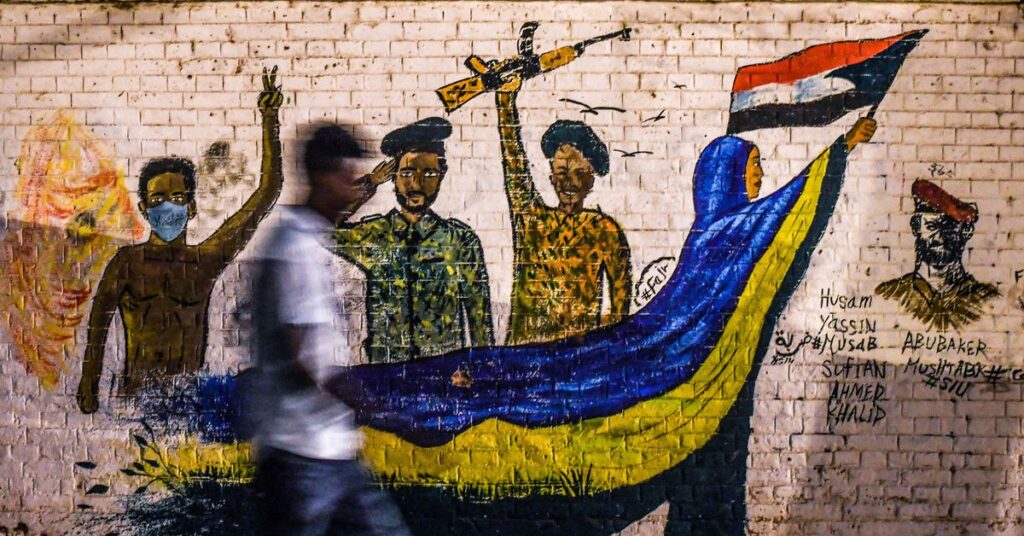In 2019, Sudan briefly held out hope. After mass protests, the military arrested and overthrew Omar al-Bashir, who had brutally run Sudan for three decades. Though in the aftermath the military shakily shared power with civilian leaders, that ended two years later when military leader Abdel Fattah al-Burhan and the Sudanese armed forces launched a military coup. The US engaged with the new military government.
Now, al-Burhan is battling a rival military leader for control of Sudan.
Over the past month, conflict between al-Burhan’s Sudanese armed forces and the Rapid Support Forces, an irregular militia led by Mohamed Hamdan Dagalo, who goes by Hemedti, has displaced more than 730,000 people. More than 600 people have been confirmed killed and over 5,000 injured; the real numbers are likely much higher. Airstrikes and street fights in the capital of Khartoum continue, as the battling forces defy ceasefires. The conflict is “likely to be protracted as both sides believe that they can win militarily and have few incentives to come to the negotiating table,” national intelligence director Avril Haines told the Senate last week.
Now, as a humanitarian emergency looms over Sudan’s conflict, a debate has broken out as to whether the US could have handled the situation in Sudan differently — with significant implications for what comes next, and potentially big impact on US policy in Africa and the Middle East. Despite President Joe Biden’s campaign pledge to put human rights in the center of foreign policy, the Biden administration has struggled to articulate a rights-driven approach.
There are valid critiques of the US and international community’s role in Sudan since the 2019 change of power. Not enough punitive measures were taken against the generals when they massacred protesters in June 2019 or when they ousted the democratic government. The US froze $700 million of aid after the 2021 coup and worked with international partners to suspend…
Read the full article here





